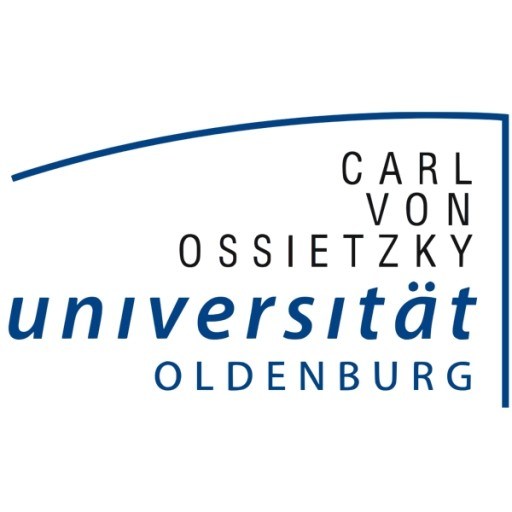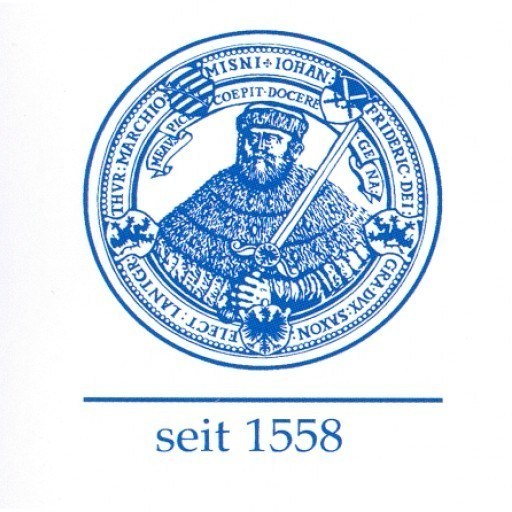Photos of university
The Bachelor of Science in Biological Sciences at the University of Notre Dame offers students an in-depth understanding of the fundamental principles governing living organisms and the complex systems they form. This comprehensive program is designed to provide a solid foundation in the core aspects of biology, including molecular biology, genetics, ecology, evolution, and physiology, while also encouraging critical thinking and research skills. Students will engage with a diverse curriculum that combines lecture-based learning, laboratory work, and field studies, allowing them to explore the living world from microscopic cells to entire ecosystems. The program emphasizes hands-on experience through laboratory experiments, research projects, and internships, preparing graduates for careers in healthcare, research, environmental conservation, and education. In addition to traditional coursework, students will have opportunities to participate in cutting-edge research alongside faculty members who are leaders in their fields. The interdisciplinary nature of the program encourages collaboration across scientific disciplines such as chemistry, physics, and computer science, reflecting the integrated approach needed to address contemporary biological challenges. Students are also encouraged to develop laboratory and analytical skills with state-of-the-art facilities and technology. The program prepares undergraduates for advanced studies or professional work by fostering scientific literacy, ethical responsibility, and a passion for discovery. Whether pursuing pre-health professions, graduate research, or careers in environmental policy or education, students at Notre Dame’s Biological Sciences program receive a rigorous and enriching education that equips them with the knowledge, skills, and experience to make meaningful contributions to society and the scientific community.
For the degree of Doctor of Philosophy in Biological Sciences, each student is expected to complete a 60-credit hour program. This requirement is composed of at least 24 credit hours of course work and the remainder as dissertation research. Through the combination of coursework (24 credit hours above) and non-curricular activities, students demonstrate competency in the following six areas:
- Foundational Knowledge: Students demonstrate adequate foundational knowledge of discipline. The Graduate Advisory Committee and/or major advisor may require student to complete one or more foundational knowledge courses.
- Advanced Discipline Knowledge: Students must demonstrate adequate advanced knowledge of discipline. The majority of formal courses will be taken in this area. Specific course requirements will be set by the Graduate Advisory Committee.
- Professional Skills and Development: Students must demonstrate proficiency in proposal development, manuscript preparation, experimental design, and oral presentation. These skills can be acquired through formal course instruction, workshops, or informal instruction by graduate mentor. Proficiency will be determined by the Graduate Advisory Committee.
- Research Tools: Students must demonstrate proficiency of specific research tools as indicated by the Graduate Advisory Committee. Other skills can be acquired through formal course instruction, workshops, or informal instruction by the graduate mentor.
- Trans/Interdisciplinary Thinking: Students must engage in some form of trans- or inter-disciplinary thinking. This skill can be acquired through formal course instruction, workshops, or enrollment in an inter-disciplinary seminar course. Fulfillment of the requirement will be determined by the Graduate Advisory Committee.
- Ethics: Students must complete one formal course or workshop in Ethics training. This requirement may or may not count towards the credit hour requirements depending on the course/workshop that is completed. Any student supported on NSF or NIH funding must complete Responsible Conduct of Research (RCR) training as offered through the Graduate School.
Students must pass a comprehensive written exam over foundational and advanced discipline knowledge.
Students must pass an oral candidacy exam that includes writing and defense of a scientific research proposal. The proposal rigor and format should meet the requirements of an NSF Doctoral Dissertation Improvement Grant in the Directorate for Biological Sciences or in the format of an NIH Ruth L. Kirschstein National Research Service Award (NRSA).
Students must pass a dissertation defense. When the research is completed, the student writes the dissertation, which is then read by the adviser and the students advisory committee. Upon approval, the student gives a final public oral presentation of the research, followed by an oral examination/defense of the research to the advisory committee.
- one completed Graduate School application form
- one un-official transcript from each postsecondary institution attended – college, university, or seminary
- verbal, quantitative, and analytical scores in the General Test of the Graduate Record Examination
- three letters of recommendation from former undergraduate or graduate instructors particularly qualified to attest to the applicant’s qualifications for graduate study
- a personal Statement of Intent detailing graduate plans and expectations (see below for details)
- Curriculum vitae
- scores from the TOEFL (Test of English as a Foreign Language) or IELTS if English is not the applicant’s native language or was not the language of instruction for the baccalaureate degree. For the TOEFL, we expect international applicants to have a total score of 250 or above on the CBT or 600 on the paper test. On the TOEFL IBT, the minimum score is a total of 80 points, with a minimum of 23 on the Speaking section. If you are taking the IELTS, the minimum score is 7.0.
Scholarships
The University offers five types of support to full-time graduate students: fellowships, teaching and research assistantships, tuition scholarships, training grant scholarships, and grants-in-aid. All assistantships and fellowships provide a full tuition scholarship. A 12-month stipend is $28,840.
University Fellowships are awarded on a competitive basis. Most graduate students are supported as teaching assistants (TAs) or research assistants (RAs). A student supported by a teaching assistantship will perform duties involving classroom or laboratory teaching. A student supported by a research assistantship is supported by sponsored research grants or internal funds to the faculty advisor. All graduate students are expected to conduct research and complete coursework as required by the program, no matter the source of the support (fellowship, TA, or RA).
The Bachelor of Science in Biological Sciences at the University of Notre Dame offers students a comprehensive exploration of the fundamental principles governing living organisms and their interactions with the environment. The program provides a rigorous curriculum designed to develop a deep understanding of biological systems, from molecular and cellular processes to ecological and evolutionary phenomena. Students are exposed to a variety of coursework that includes foundational biology, chemistry, physics, and mathematics, alongside specialized courses in genetics, microbiology, ecology, and physiology. The program emphasizes experiential learning through laboratory work, research projects, and field studies, fostering practical skills and scientific inquiry.
In addition to core coursework, students have opportunities to participate in research with faculty members, often engaging in innovative projects that address real-world biological challenges. The university's state-of-the-art facilities and research centers support these initiatives, providing an enriching environment for aspiring biologists. The program also encourages interdisciplinary approaches, allowing students to integrate knowledge from related fields such as environmental science, biotechnology, or health sciences.
Students who complete this program are well-prepared for careers in scientific research, healthcare, environmental management, education, and biotechnology industries. Many graduates pursue advanced degrees, including master's and doctoral programs, to further specialize in areas such as molecular biology, ecology, or biomedical sciences. The program aims to cultivate critical thinking, experimental skills, and a commitment to scientific integrity, equipping graduates with the tools necessary to make meaningful contributions to science and society. The university's strong alumni network and career services provide ongoing support for students' professional development, ensuring they can effectively transition into their chosen careers or further academic pursuits.










